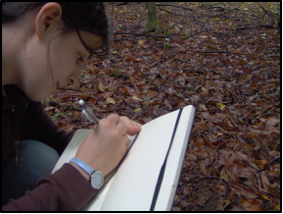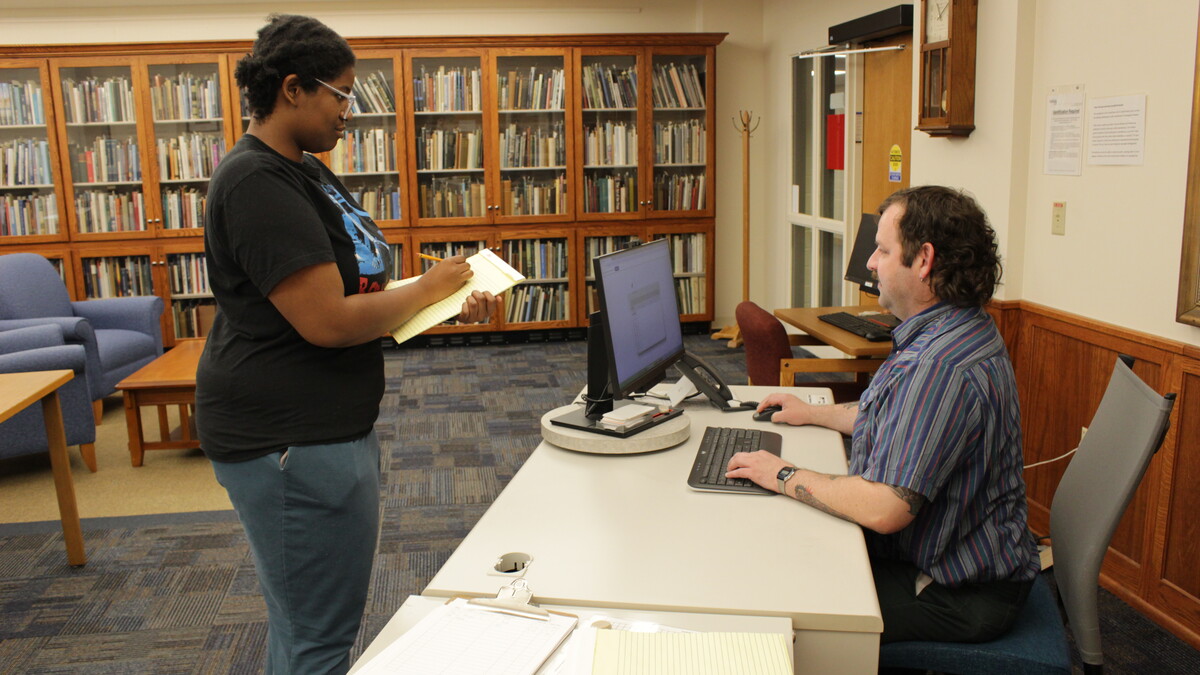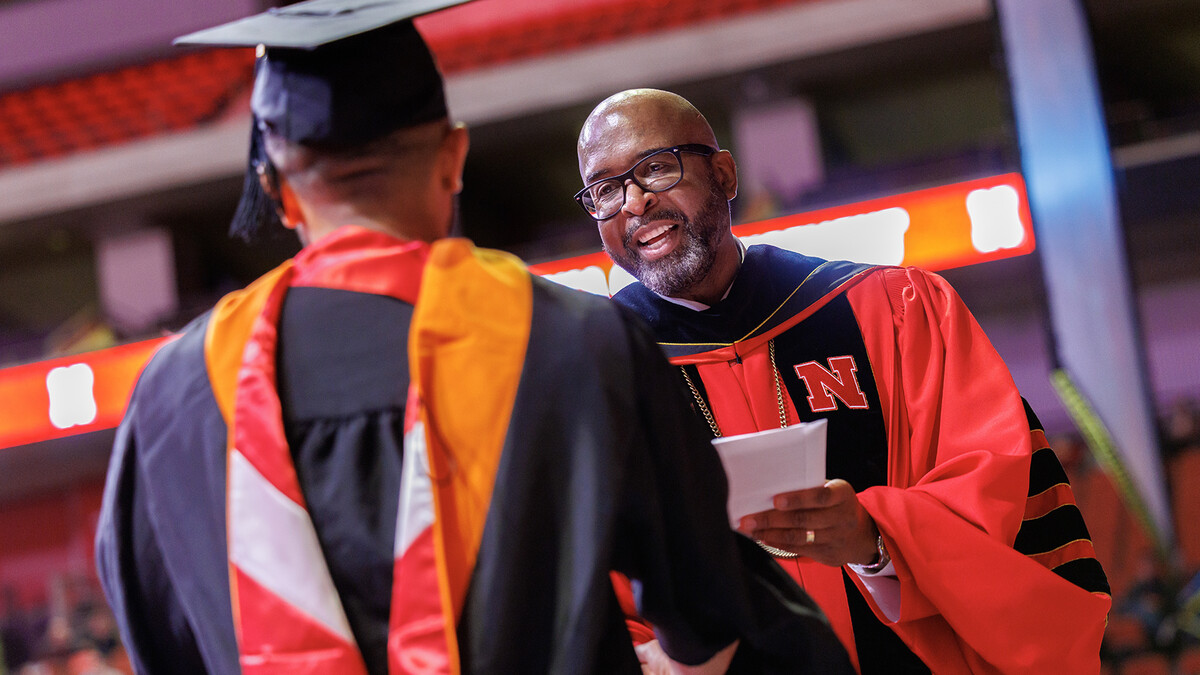
UNL’s Department of Entomology is seeking adults to help establish “Nebraska Chapters” for three national entomology citizen science programs.
Data and citizen scientist participation for the three projects involving ladybugs, butterflies and bark beetles are well represented on the east and west coasts. Interested individuals are needed to help get Nebraska data on the map. The entomology department is coordinating these efforts.
Orientation sessions will be at held at Entomology Hall Aug. 21 at the following times: Lost Ladybug Project at 10 a.m., The Pieris Project at noon and Backyard Bark Beetles at 2 p.m.
Citizen science is the collaboration of members of the public with researchers to discover new scientific knowledge. Members of the public can select from hundreds of projects. Their observations and analysis help answer real-world questions or problems and increase the size of the research team. They also help educate others around them about the project.
“Citizen scientists are our ambassadors. They carry the project and its message into their communities, reaching and impacting far more people than a small team of scientists could ever hope to,” said Louise I. Lynch, a doctoral student with the Department of Entomology.
Lynch studies the impacts of citizen science on participants and is coordinating the upcoming programs. There may be some Nebraska citizen scientists involved in these programs already and they, too, are encouraged to join. It is hoped that the Chapters will provide support and community for participants.
Through The Lost Ladybug Project, based out of Cornell University, citizen scientists will help study declines in our North American ladybug populations. These declines are happening very quickly and we don’t know how, or why, or what impact it will have on ladybug diversity or the role that ladybugs play in keeping plant-feeding insect populations low.
Through The Pieris Project, based out of the University of Notre Dame, citizen scientists can help study the effects of human activities on biodiversity, using the cabbage white butterfly. Originally believed to have come from Europe, this butterfly has invaded many parts of the world and is now one of the most successful and abundant butterflies on the planet.
Through Backyard Bark Beetles, based out of the University of Florida, citizen scientists can help study the distribution of the tiny bark and ambrosia beetles. Understanding what species is present and where they are found will help protect the forests. Despite their tiny size, these beetles are all around.
Pre-registration is required.
Interested individuals should go to http://go.unl.edu/db5t for more information and to register.
For questions, contact Louise I. Lynch at lilynch@huskers.unl.edu.







